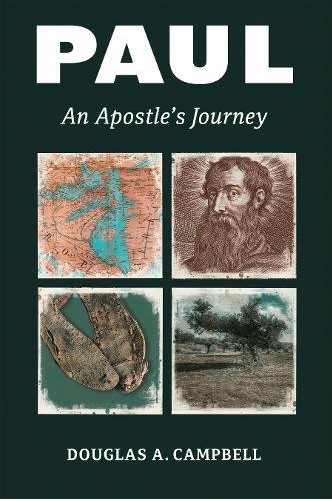 When Kris and I were living in Nottingham and Cambridge England as I pursued a doctorate, we often took notice of the youth of England — what they wore was quite noticeable. Lots of neon green hair, black leather and, well, “out of the box” attire. I remember asking a sociologist to explain what was going on — and, mind you, it was not that I was expecting the youth of England to dress up in top hats and top coats and look like Mr Topham Hat. “It’s a social reaction to the economy,” he told me. “OK,” I thought to myself but I’m not sure that’s enough so I pressed for me. “They’re opting out, they’ve got no future in the current economy, and this is their protest.”
When Kris and I were living in Nottingham and Cambridge England as I pursued a doctorate, we often took notice of the youth of England — what they wore was quite noticeable. Lots of neon green hair, black leather and, well, “out of the box” attire. I remember asking a sociologist to explain what was going on — and, mind you, it was not that I was expecting the youth of England to dress up in top hats and top coats and look like Mr Topham Hat. “It’s a social reaction to the economy,” he told me. “OK,” I thought to myself but I’m not sure that’s enough so I pressed for me. “They’re opting out, they’ve got no future in the current economy, and this is their protest.”
One can, of course, never get to the bottom of such things because the currents are so swift and deep.
It takes courage to believe in the future.
Many young adults of our generation are facing the same sort of crisis of confidence in the economy and in their future part in this culture and economy.
I kept thinking of this generation as I read Rodney Reeves’ excellent Spirituality according to Paul: Imitating the Apostle of Christ, chp. 9. He begins with The Truman Show to get us thinking about time and whether this time has any real meaning. Then he probes into Paul’s altogether revolutionary theory of time.
I do think Paul had the courage to believe in the future and to live in light of that future, but there’s more for Paul: he not only leaned into the future but he lived believing the future had already begun to invade the present and it propped up his lean.
Now that takes courage. One of our problems is that Christian eschatology has gotten both so weird and wild and, at the same time, so wearisome that many need to read Paul again to see what he says. Another problem is that we want time to be so linear and relentless and unchanging that we miss the radical edge of Paul’s thought.
We could dip into any number of passages in Paul’s letters, but one of them is enough: “our outer nature is wasting away” and “our inner nature is being renewed day by day” from 2 Cor 4:16. Here’s the point: once you hit about 40 or 50 or 60 or 70 or 80 you at least wake up to the reality that the first is very clear — you see it in the mirror, you feel it in your joints and you sense it in your energies. The second one can be seen only to the eye of faith, and it is right there that we see Paul leaning into the future. Living now in light of a future already at work in the now.
This leaning into the future allows us to face aging and dying of cancer, it allows us to face discouragement and it can give us hope when no hope seems possible. For Paul Jesus’ resurrection revolutionized time because it was what propped up his entire gospel: we live in the here and now but the future has already begun to take effect and a whole new world, the new creation, was, or is, at work.
Paul uses a variety of terms for this leaning into the future: we are first fruits, we are in the one who is the firstborn, we share Christ’s inheritance, we have a down payment and the papers have been signed — and the evidence of this is that we are indwellt by the Holy Spirit. The Spirit is the sign that we are leaning into the future.
But it takes courage at times to lean into the future. In fact, leaning into the future means the past can be forgiven, the present can be a time of reformation and transformation, and the future is the Day when justice will be complete. We enter into the past in that we die with Christ, we are buried with Christ and we are raised with Christ… that past is now present and is our future.











